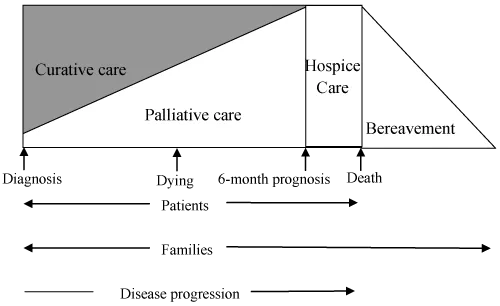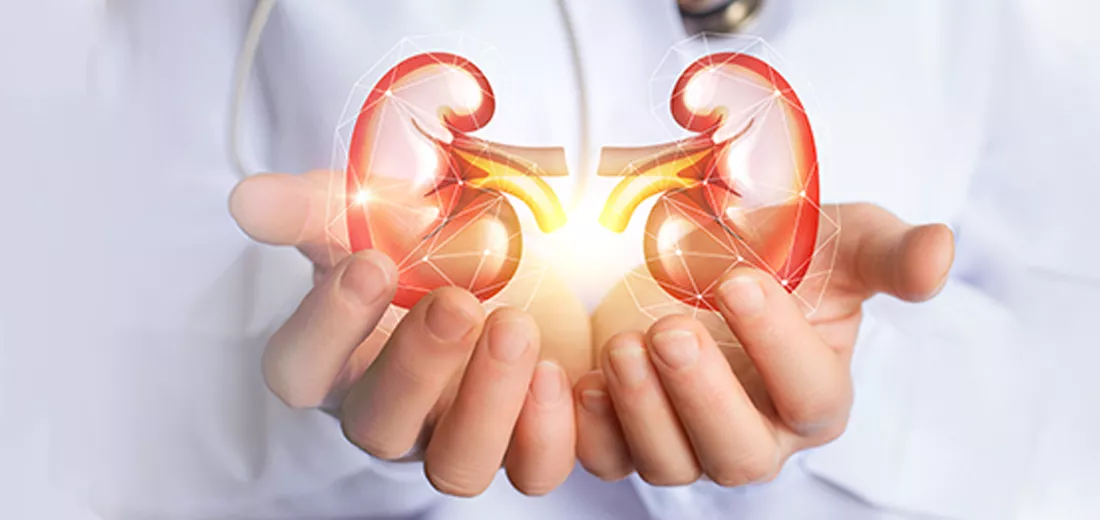Even if it is hard to believe, stress can cause stomach problems. Stress activates the sympathetic nervous system in your body, which in simple words is your body’s fight or flight response. When you are stressed, the brain stops certain bodily functions, which it considers to be non-essential for survival. Unfortunately, digestion is one of the bodily functions affected by stress.
People who live in chronic stress suffer from stomach problems due to stress frequently. Even for people who are facing acute stress temporarily, stress causing stomach issues are a common occurrence among them too. So, to help you understand how to deal with stress causing stomach issues, here is a complete guide vetted by the best gastroenterologist in Bangalore available only at Aster CMI. But first, let’s understand what the effects of stress on your digestive health are.
Effects of Stress on Your Digestive Health
Stomach Acid Production Changes
Stress has the potential to alter stomach acid production leading to conditions like heartburn and acid reflux. People suffering from chronic stress often can lead to conditions like peptic ulcers. Stomach acids are essential for digestion and when their production is hindered, it can lead to stress causing stomach issues.
Decreased Blood Flow
Stress induces a fight or flight response from the body and as such it leads to blood flow being directed to processes that the brain considers essential for survival. This leads to a decreased blood flow to the digestive organs, which is a process considered non-essential to survival. Due to the reduced blood flow, digestive processes slow down.
Affected Gut Motility
Gut motility refers to the muscles and how they function to help food pass through the digestive tract. Due to stress, the muscles of the digestive tract can overwork or not work enough causing conditions like diarrhoea or constipation. It can also lead to abdominal pain, which can only be reduced by managing the stress.
Changes in Gut Microbiota
The gut microbiota is a complex community of microorganisms that live in the digestive tract and aids digestive processes. Stress can change the balance and alter the composition of the microbiota, which can lead to gastrointestinal issues.
How To Manage Stress Induced Digestive Issues
Try To Calm Yourself
When you can feel that you are stressed, trying to calm yourself is the first and most important thing you must do. The easiest way to calm down is to close your eyes and take deep breaths in and slowly let them out through the mouth.
This breathing exercise is said to reduce the effects of stress on your mind and body. Once you are able to deal with the initial shock with a breathing exercise, practising yoga or meditation can also help keep yourself calm and reduce the effects of stress from your body.
Exercise Regularly
Exercise, just like yoga and meditation, helps reduce the effects of stress from the body. When you exercise, it leads to the release of endorphins in the body, which is a hormone that makes you feel happy and satisfied. Apart from that, exercise is also good for your general health and well-being and can help you with your digestive health as well.
Focus on Hydration
Drinking enough water during the day is crucial for your digestive health. Often people who are stressed forget to drink enough water during the day, which would also contribute to digestive issues. It is recommended that adults drink at least two litres of water daily, which is essential for nutrient absorption in the body from food sources. It also helps ensure the proper functioning of digestive processes.
Eat Nutritious Food
A balanced diet is essential for a healthy digestive system. Eating lots of fibres, whole grains, vegetables and fruits can help your digestive system to function properly. A balanced diet can also help your body fight stressful events as you have more energy to deal with them.
Limit Caffeine & Alcohol
Excessive intake of caffeine and alcohol can increase your risk of stress and even irritate your digestive health. The best way to deal with it is to limit your caffeine and alcohol intake as it can help you reduce your stress levels and contribute to a healthier digestive system.
Sleep & Eat on a Regular Schedule
Eating on a regular schedule and sleeping at least 7 to 9 hours every night is crucial for maintaining your gut health. Poor quality of sleep or not sleeping enough can increase your risk of stress. It can also negatively impact digestion and your overall digestive health. Similarly, not eating at a set time every day can affect your gut health and negatively impact digestion.
Eat Probiotics If Required
Probiotics are healthy bacteria that contribute to a healthy gut microbiota. If you are facing stomach problems due to stress, eating probiotics can help reduce your stomach problems.
Conclusion
Digestive issues can affect your general wellbeing and quality of life. If you are suffering from stress regularly, it is important that you get medical help. If left unchecked, chronic stress can lead to several health conditions, which require medical treatment. If you are based out of Bangalore, you can get the necessary medical attention required from the best gastroenterologist in Bangalore only at Aster CMI. They can help you learn how to manage your stress and treat any underlying condition that could have been caused by chronic stress. Check out their website to learn more.
























